Once relegated to childhood memories, food packaging instructions are now making a remarkable comeback. Driven by ecological issues and the desire to consume differently, they are emerging as a solution for the future.
For decades, food packaging instructions were the order of the day in French households. Then the era of disposable packaging eclipsed them in favour of practicality. However, in the face of the climate emergency and the saturation of plastic waste, the model is resurfacing, more desirable and innovative than ever. In both town and country, food retailers, start-ups and local producers are relaunching the deposit system with modern, sustainable and economically viable formats.
A model both old and new
Until the 1980s, it was common practice to take glass bottles or jars to the corner shop. Once these containers had been washed, they could be used again. This system, which fell into disuse with the explosion in single-use plastic, is now being revived.
The reason for this resurgence is that the deposit system has proved its effectiveness. It makes it possible to drastically reduce waste while reusing existing materials. The circular model is once again the norm.
A direct response to the environmental crisis
Every year, France produces almost 5 million tonnes of household packaging. It’s a staggering figure that is constantly raising the alarm amongst consumers and industry alike.
Food packaging instructions offer a practical solution: a reusable container can be used up to 50 times before being recycled. This not only saves raw materials, but also reduces emissions linked to the manufacture and collection of waste.
A responsible and trendy gesture
Adopting the deposits also means taking part in a new consumer culture. More sensible, more local and often more elegant. Returnable containers are making a stylish comeback: minimalist glass jars, sleek bottles, reusable cotton nets…
Brands are capitalising on this aesthetic of sustainability to appeal to a young, urban and committed customer base. In short, the deposit is becoming a real lifestyle brand.
A dynamic driven by retailers and start-ups
Players such as Carrefour, Biocoop and Monoprix have launched their own deposit initiatives, often in partnership with start-ups such as Loop or Jean Bouteille.
Some restaurants and caterers are also adopting systems of reusable containers that customers bring back with their next order.
A solution based on collective commitment
The success of the food packaging instructions system depends on everyone getting involved: producers, distributors and local authorities. But also consumers. It implies a change of habit, a new focus on everyday gestures.
And this shared responsibility echoes the expectations of the French: according to ADEME, 89% are in favour of developing the deposit system. Proof that change is not only possible, but already well under way.













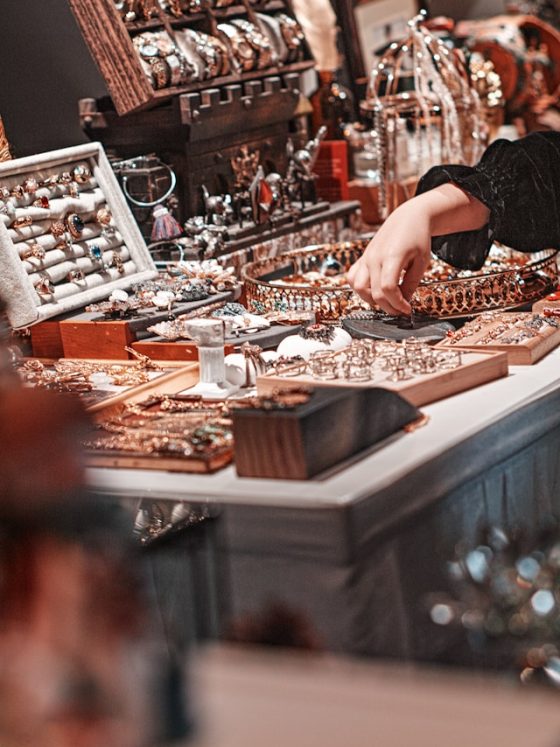


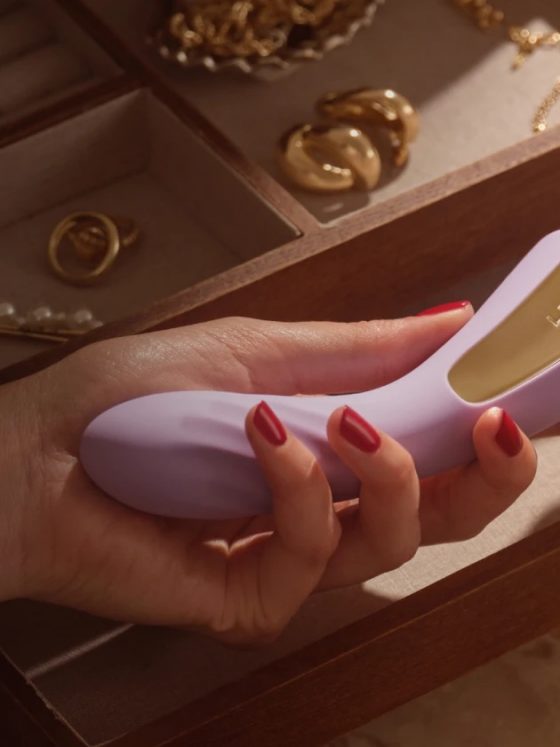

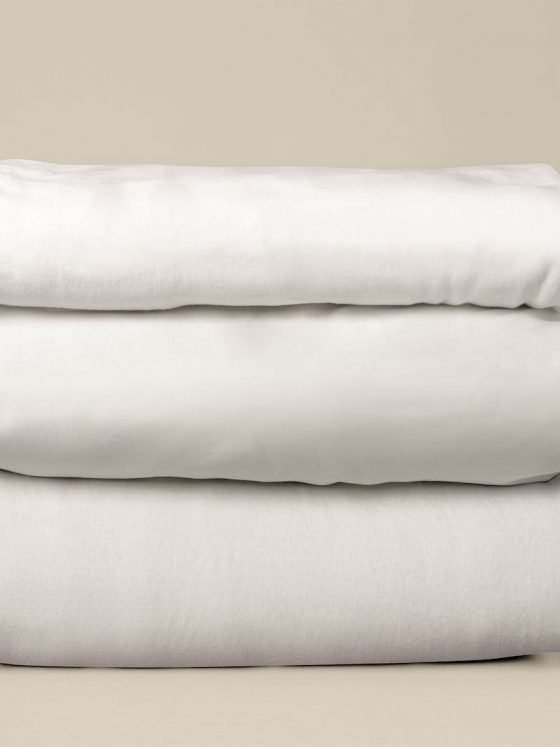
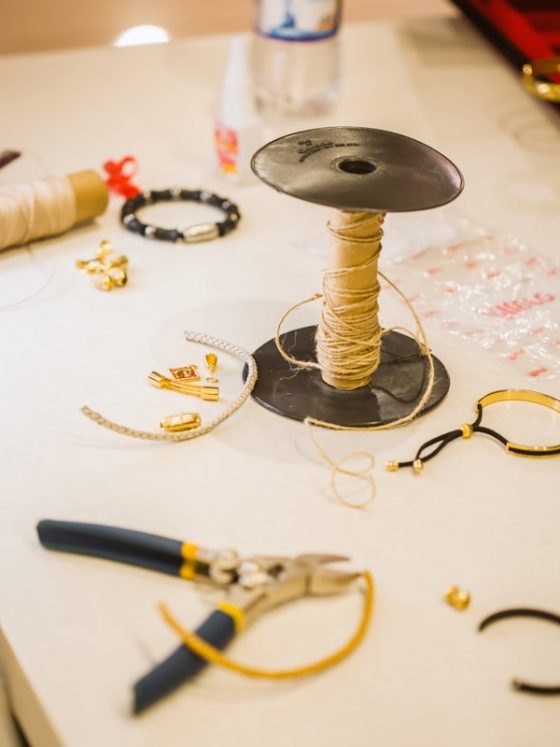

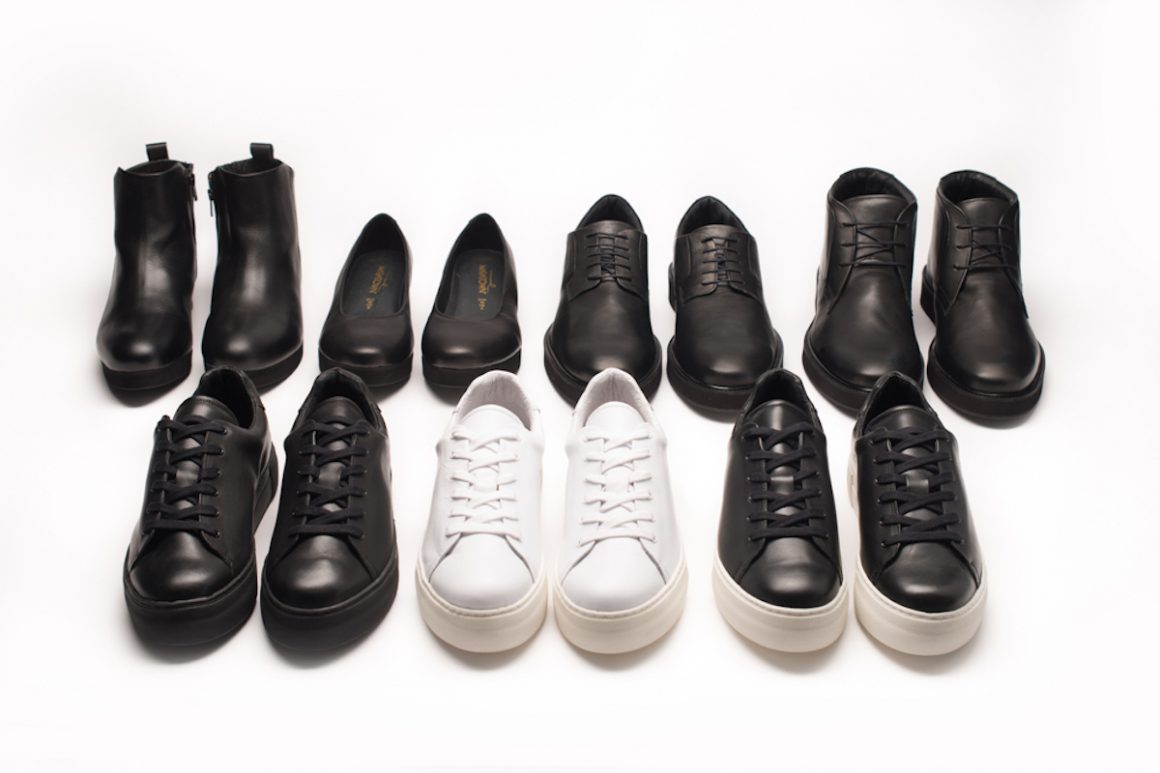
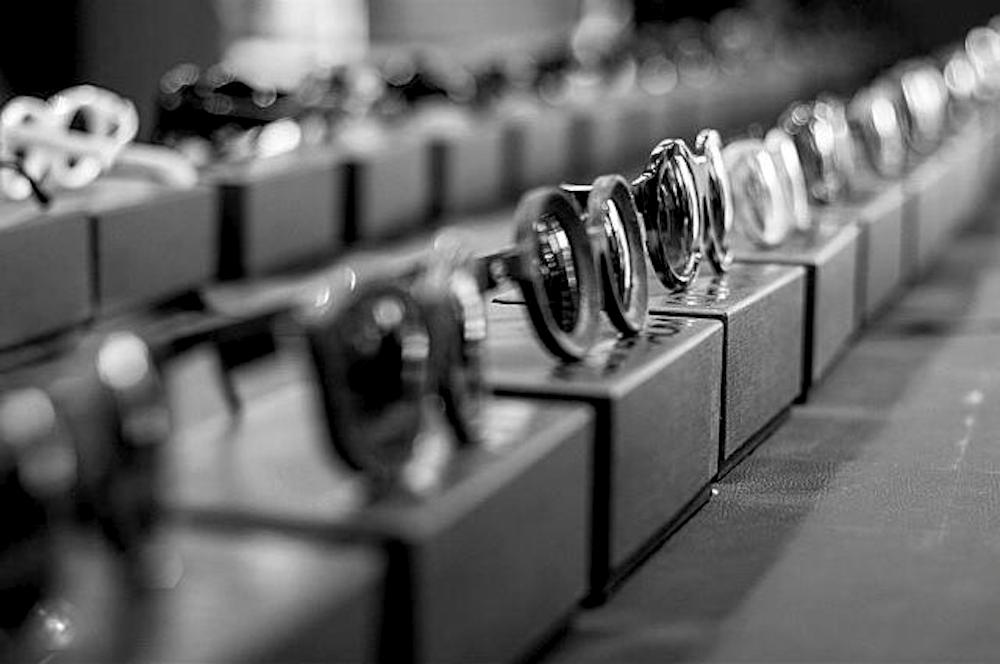

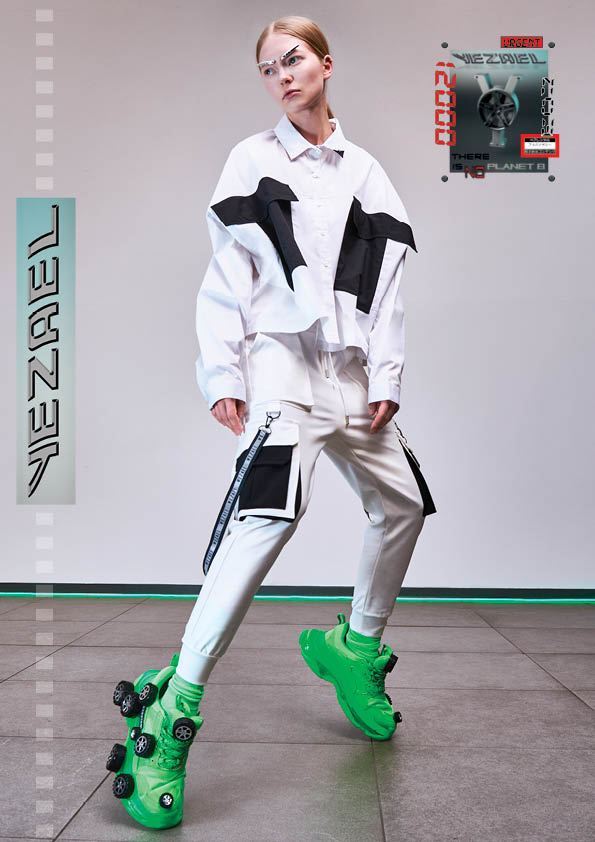
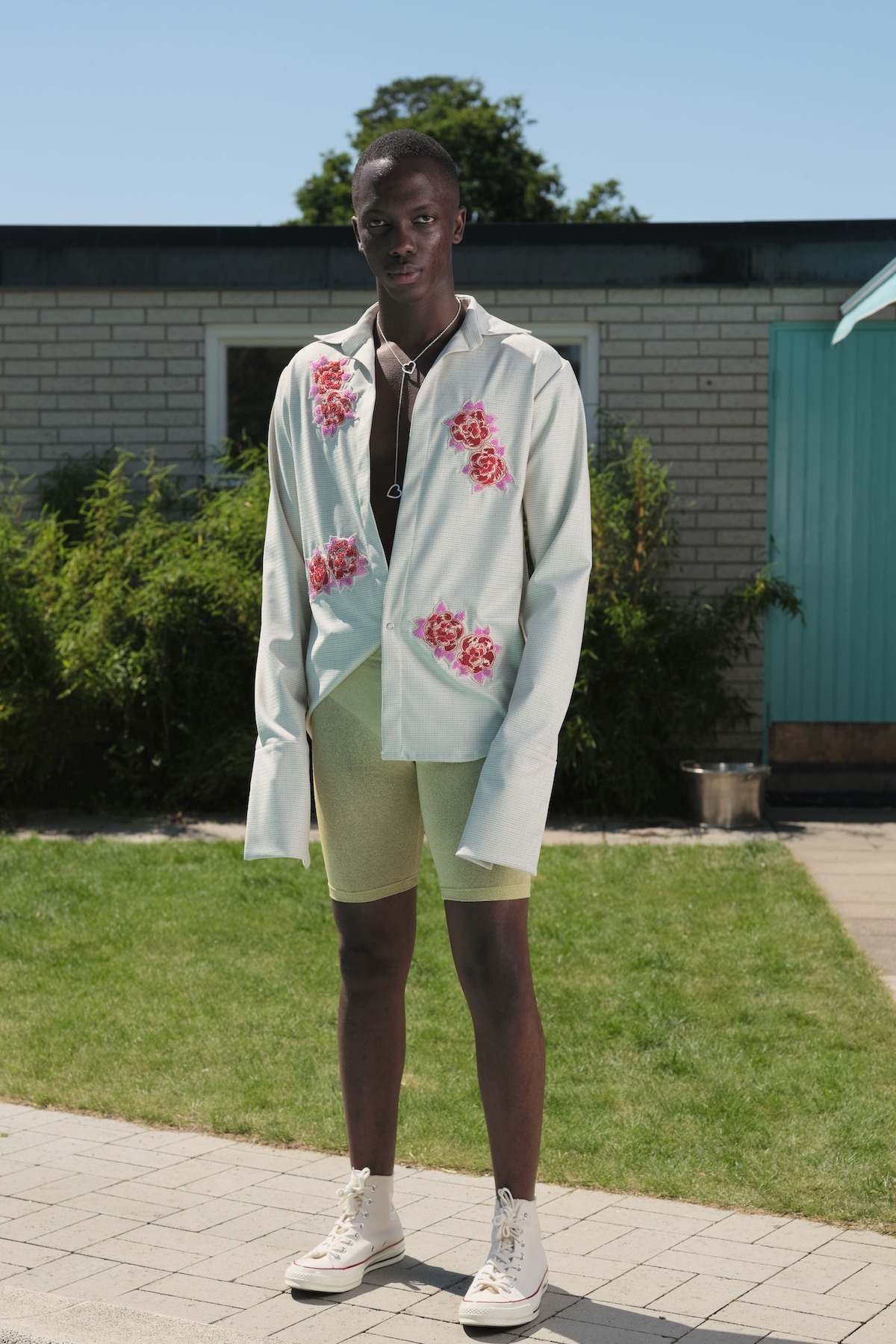


Follow us on Instagram